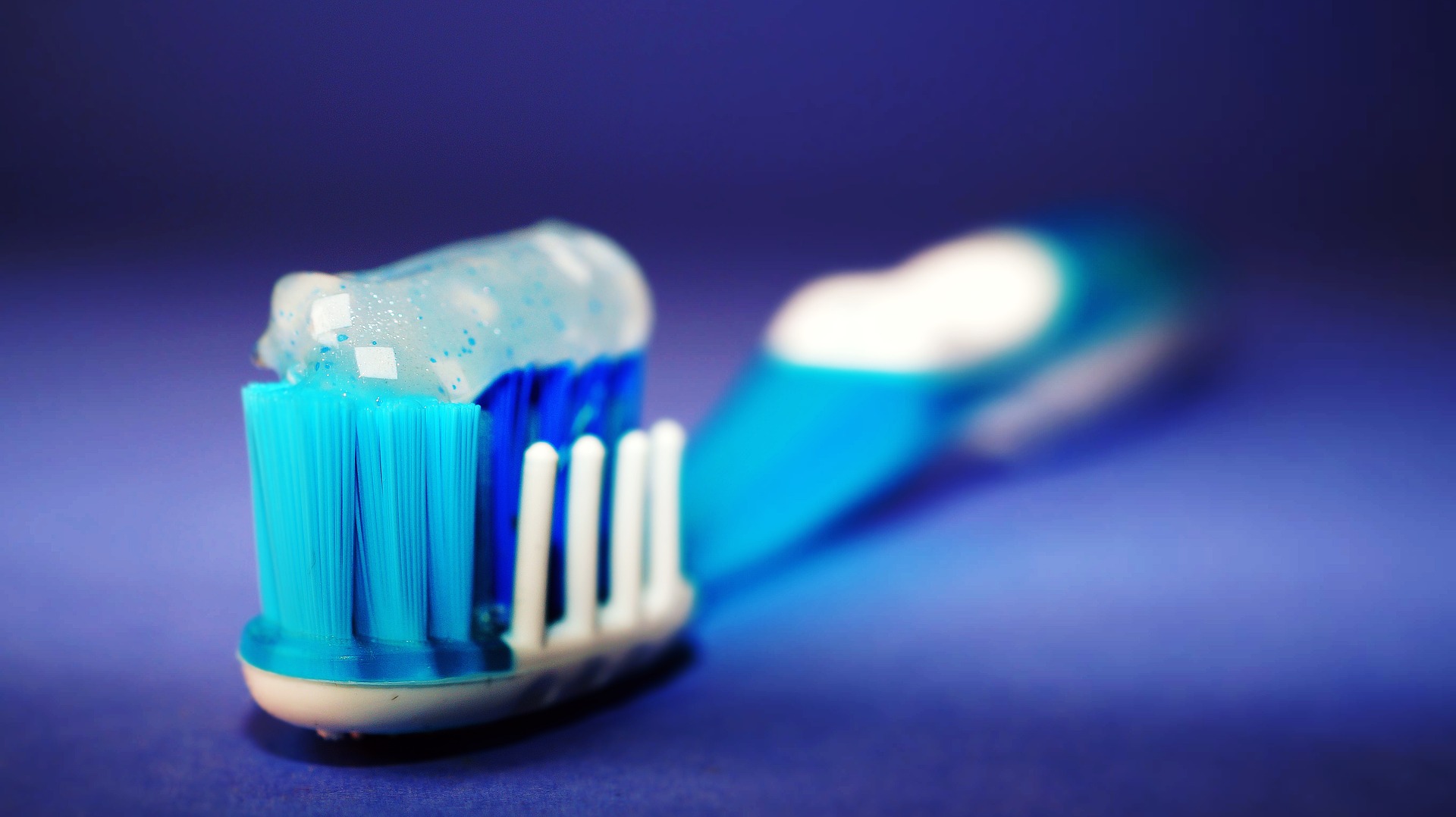
31 May Common Questions about Toothbrush Care | Prescott, AZ
As a leading dentist in Prescott, we care about your smile. You probably already know that brushing your teeth is key to taking care of your pearly whites. But if you’re like most Americans, you may not put a lot of thought into your toothbrush or how to take care of it. Don’t take your toothbrush for granted—along with flossing and regular dental cleanings, it is keeping your smile looking bright and beautiful! Take a look at some of the common questions our patients at Hicks Dental Group in Prescott ask us about toothbrushes.
1. How Often Should I Replace My Toothbrush?
According to the American Dental Association, you should replace your toothbrush every three to four months at the most. Frayed bristles aren’t as effective for cleaning your teeth. Toss it and pick up a brand new toothbrush—ideally one with the ADA seal, which guarantees its quality.
2. Which is Better: A Manual or Electric Toothbrush?
A recent analysis of 56 dental studies found that electric toothbrushes reduced dental plaque by 21 percent over three months when compared with manual toothbrushes—and they reduced gingivitis (inflammation) by 11 percent. Electric toothbrushes also might work better for people with mobility problems, like those who struggle with arthritis.
But don’t worry if you can’t afford an electric toothbrush or if you prefer a manual toothbrush. Keep up with daily brushing and flossing and maintain your biannual dental visits, and your teeth will stay healthy and beautiful.
3. Should I Use a Hard or a Soft-Bristled Toothbrush?
Always go for a soft-bristled toothbrush. Excessive brushing with a hard-bristled toothbrush can actually cause damage to your tooth enamel. And over time, it can lead to sensitivity and tooth erosion. The good news is that most toothbrushes sold in stores now are soft-bristled.
4. Do I Need to Disinfect My Toothbrush?
It’s not pleasant to think about, but you do transfer bacteria from your teeth to your toothbrush every time you clean your teeth. Though you shouldn’t worry too much about getting sick from a toothbrush. Follow these steps to keep it as clean as possible:
- Rinse your brush thoroughly with clean water after every brush to remove any lingering food debris and toothpaste, and allow it to air dry.
- Don’t share your toothbrush with anyone, even your family members.
- Put your toothbrush bristles in a small glass of antibacterial mouthwash if you want extra cleaning. Buying a toothbrush sanitizer isn’t necessary.
5. What is the Best Way to Store My Toothbrush?
In an effort to protect their toothbrushes from germs, some people store their toothbrushes in enclosed containers. However, this is actually counterproductive because it traps in moisture, giving bacteria and fungi a dark, moist environment that will cause them to multiply on your toothbrush.
The best way to store your toothbrush is upright, allowing it to air dry. Try to keep the holder inside a cabinet to limit contamination. Do not let multiple toothbrushes touch each other, as this allows bacteria to spread from brush to brush.
Give us a Call
If you have more questions about how to take care of your toothbrush, or about the kind of toothbrush that is right for you, ask us at your next appointment. Or if you’re looking for a dentist in Prescott, give us a call today. At Hicks Dental Group, we look forward to helping you keep your smile looking its best!
Images used under creative commons license – commercial use. Image by StockSnap from Pixabay (5/31/2019)

